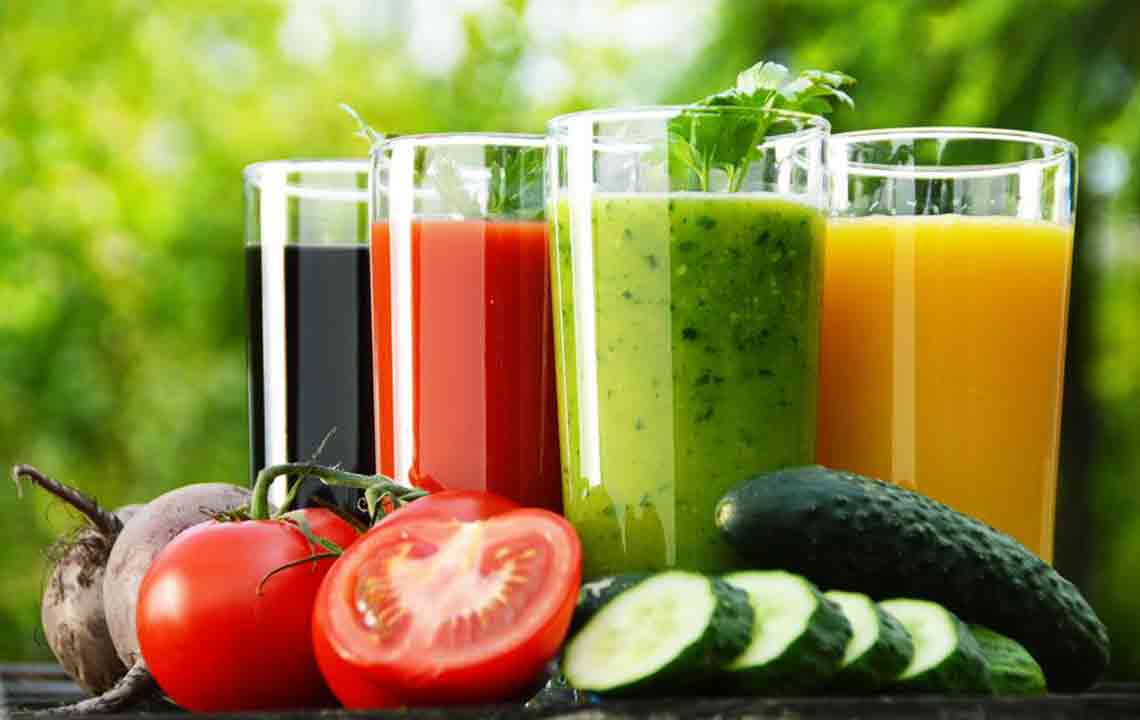Comprehensive Dietary Strategies for Maintaining Kidney Health and Preventing Kidney Disease
This comprehensive guide delves into essential dietary tips for maintaining kidney health and preventing kidney disease. It highlights key foods like red bell peppers, cabbage, and fish that support renal function, discusses popular kidney-friendly diets like DASH and renal diet plans, and emphasizes lifestyle practices for optimal kidney longevity. By adopting these informed nutrition strategies, individuals can enhance overall health, prevent renal deterioration, and enjoy a better quality of life. Expert advice and personalized diet plans play a vital role in supporting kidney wellness.

Comprehensive Dietary Strategies for Maintaining Kidney Health and Preventing Kidney Disease
The human kidneys are extraordinary organs that play a crucial role in sustaining overall health and well-being. They are responsible for filtering approximately 50 gallons of blood daily, removing waste products, excess fluids, and balancing essential electrolytes. Proper kidney function is vital for maintaining a stable internal environment, supporting hormonal balance, regulating blood pressure, and ensuring effective metabolic processes. Given their significance, safeguarding kidney health through informed dietary choices is paramount for preventing chronic kidney disease (CKD) and other renal disorders.
By adopting a diet rich in essential vitamins, minerals, antioxidants, and specific foods that support renal function, individuals can significantly reduce the risk of kidney damage and enhance their quality of life. Especially in an era where lifestyle-related health issues are pervasive, understanding how nutrition impacts kidney health provides an empowering pathway to longevity and vitality. Proper dietary management not only preserves kidney function but also boosts energy levels, supports cardiovascular health, improves immunity, and promotes hormonal stability, which together contribute to a more vibrant and healthier lifestyle.
Supporting kidney health through tailored nutrition involves understanding which foods are beneficial and which substances to limit. The right dietary choices can create a protective barrier against the progression of kidney disease and related complications.
Key foods that bolster kidney function include:
Red Bell Peppers: Rich in vitamins A, C, B6, folic acid, and dietary fiber, red bell peppers are low in potassium, making them suitable for kidney-friendly diets. Their lycopene content—an antioxidant—plays a significant role in reducing cancer risk and combating oxidative stress. These vibrant vegetables can be enjoyed raw in salads, incorporated into sandwiches, or added to various cooked dishes like tuna or chicken recipes, enhancing flavor and nutritional value.
Cabbage: As a leafy green vegetable packed with nutrients, cabbage supplies vitamins C, K, B6, and folic acid. Its phytochemicals help neutralize free radicals, diminishing oxidative stress and lowering cancer and chronic disease risks. Cabbage is extremely versatile—perfect for salads, wraps, stir-fries, or stuffing—allowing for diverse culinary preparations that support kidney health.
Additional kidney-supportive foods include cruciferous vegetables like cauliflower, known for aiding detoxification; garlic, which has anti-inflammatory properties and helps lower cholesterol; and fruits such as apples, which are loaded with antioxidants and contribute to healthy kidney function regulation. Other beneficial nutritional choices encompass white eggs, cherries, red grapes, fish rich in omega-3 fatty acids, high-quality olive oil, ginger, coriander, walnuts, and strawberries. Each of these foods offers unique benefits, supporting kidney health and overall vitality.
Popular Kidney-Friendly Dietary Plans
For optimal kidney health management, personalized diet plans crafted under the guidance of healthcare professionals like dietitians or nutritionists are highly recommended. Tailored plans consider individual health conditions, age, activity levels, and specific dietary restrictions, ensuring safe and effective nutritional support.
The most widely adopted kidney-supportive diets include:
The DASH Diet: Recognized globally for its effectiveness, the Dietary Approaches to Stop Hypertension (DASH) diet emphasizes fruits, vegetables, whole grains, lean proteins, and low-fat dairy. Endorsed by major health organizations, this diet helps control blood pressure, reduces cardiovascular risk, and supports kidney health by limiting sodium intake and promoting nutrient-rich foods.
The Renal Diet: Designed specifically for individuals with existing kidney issues, this diet focuses on minimizing waste product accumulation by restricting sodium, potassium, and phosphorus-rich foods. It emphasizes high-quality protein sources, controlled calcium intake, and moderation of fluids, thereby reducing the burden on compromised kidneys and preventing further deterioration.
In Summary
Maintaining optimal kidney health requires a holistic approach that combines healthy dietary choices, lifestyle modifications, stress management, and consistent medical oversight. Adopting a balanced, nutrient-dense diet tailored to individual needs is fundamental for preserving kidney function and preventing disease progression. Incorporating stress-relief activities such as meditation, art, music therapy, or martial arts like Tai Chi can enhance overall well-being and aid in the healing process.
Hydration also plays a vital role; drinking adequate water supports detoxification and proper waste elimination, while moderation in protein intake safeguards against renal overload. Ensuring regular bowel movements is essential for toxin removal, further contributing to kidney health. Complementary practices like physical activity and mental wellness routines not only improve systemic health but also diminish risks associated with chronic diseases including kidney dysfunction.
In conclusion, proactive lifestyle habits and well-informed nutritional decisions form the foundation for sustained kidney health. Prioritizing kidney care today can lead to a healthier tomorrow, reducing reliance on dialysis and improving overall quality of life. Regular health check-ups and early intervention remain critical in managing kidney-related concerns effectively.





